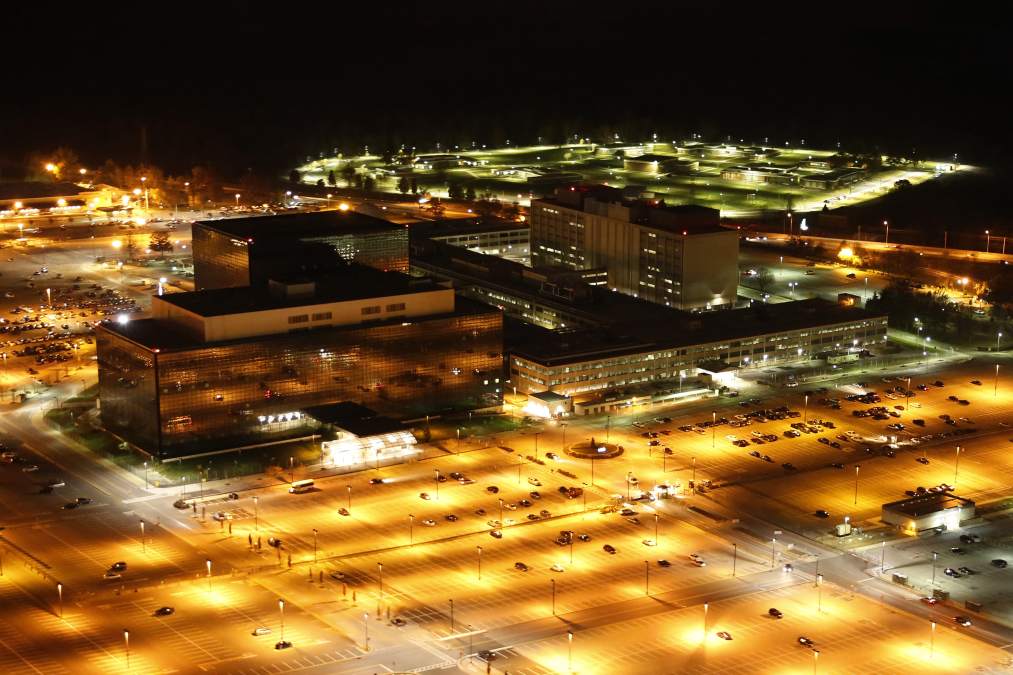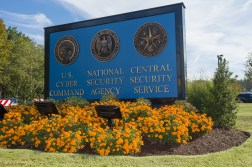NSA inspector general nominee pledges to investigate contractor leaks, whistleblower protections

The National Security Agency’s prospective new inspector general testified on Wednesday that he will investigate the intelligence agency’s problem of repeated contractor leaks.
Robert Storch, the Justice Department’s deputy inspector general since March 2015, was first nominated in November by then-President Barack Obama. President Donald Trump nominated Storch again in June.
Storch would become the NSA’s first independent watchdog.
Storch sat before the Senate Intelligence Committee Wednesday, with questions about leaks sandwiched between inquiries about whistleblower protections at the NSA, two intimately related subjects that have moved to the center of the U.S. political universe over the last several years.
Sen. Dianne Feinstein, D-Calif., asked that Storch’s new job quickly turn to the issue of NSA’s security woes.
“I want to express a concern I have about NSA,” Feinstein said. “Beginning with [Edward] Snowden, we have had three major thefts of people walking out with classified material. I have spoken to the heads of the agency on a number of occasions about it. I think some things have been done but not adequately.”
The three incidents Feinstein refers to are 2013 disclosures by Snowden, the even larger theft of sensitive documents tied to the Shadow Brokers and recent leak of a classified report detailing Russian meddling in the presidential election.
Snowden and Harold Martin, who has been tied to the Shadow Brokers leak, were contractors with Booz Allen Hamilton. The third accused leaker Feinstein referred to is Reality Winner, a contractor for Georgia-based Pluribus that has since been arrested.
“This comes down to contractors,” Feinstein said. “The three big thefts were done by contractors. I’d like to ask that you take a look at that situation, evaluate the security at the agency and the ability of people to walk in and out who are contractors with classified materials. Would I have you agreement to do so?”
Storch agreed with Feinstein.
“Obviously it’s a great concern, whether it’s contractors or others, where there’s information that’s not properly secured,” Storch said. “I frankly can’t imagine a place where that would be a greater concern than the NSA. I absolutely would pledge to you that is something we will explore and be happy to engage with you and other members of the committee on.”
Sen. Ron Wyden, D-Ore., followed Feinstein’s exchange by asking Storch how important it was that federal whistleblower protections extend to contractors who represent a significant portion of the NSA’s workforce.
Earlier in the hearing, Sen. Mark Warner, D-Va., warned that whistleblowers are often punished in the intelligence community and pointed to his efforts at legislation to expand protections specifically for intelligence employees to match the protections afforded to other areas of the federal government.
Storch said he recognized the importance of such protections but deferred on specifics, saying he’d have to look further into protections that already exist and which could potentially be expanded.
Wyden, a co-chair of the Whistleblower Caucus, pledged that Storch would hear from him again on the subject, arguing that it must be a priority for the U.S. intelligence community.





